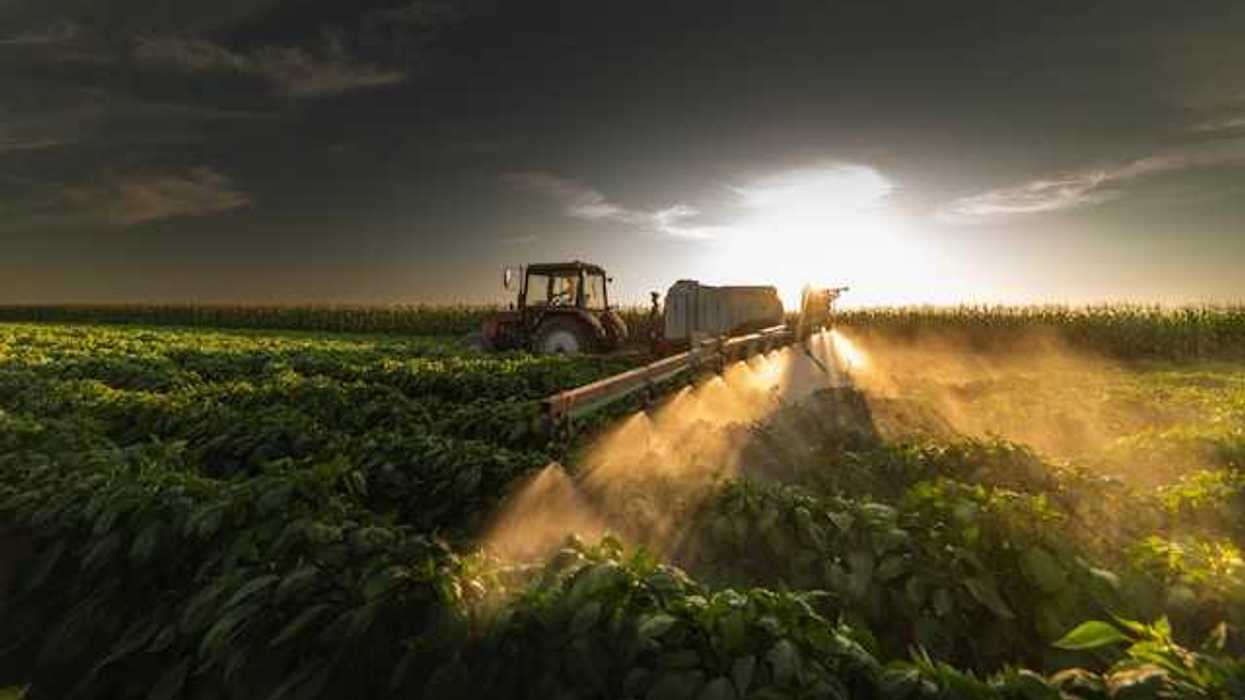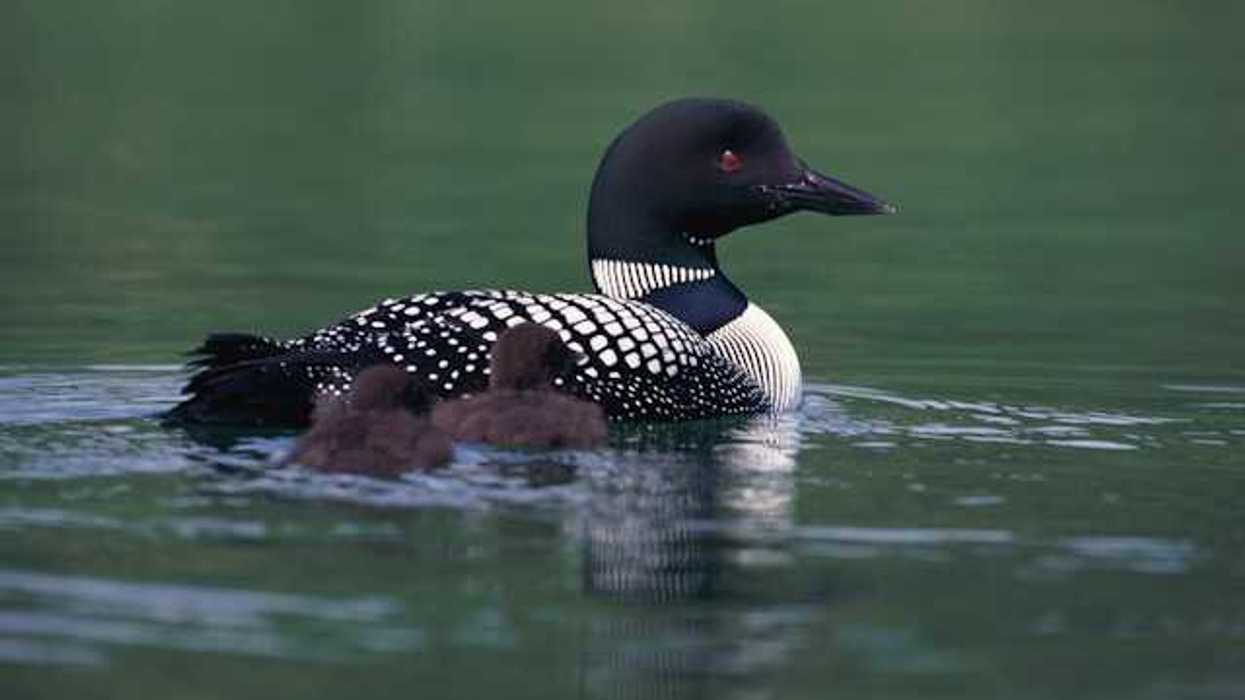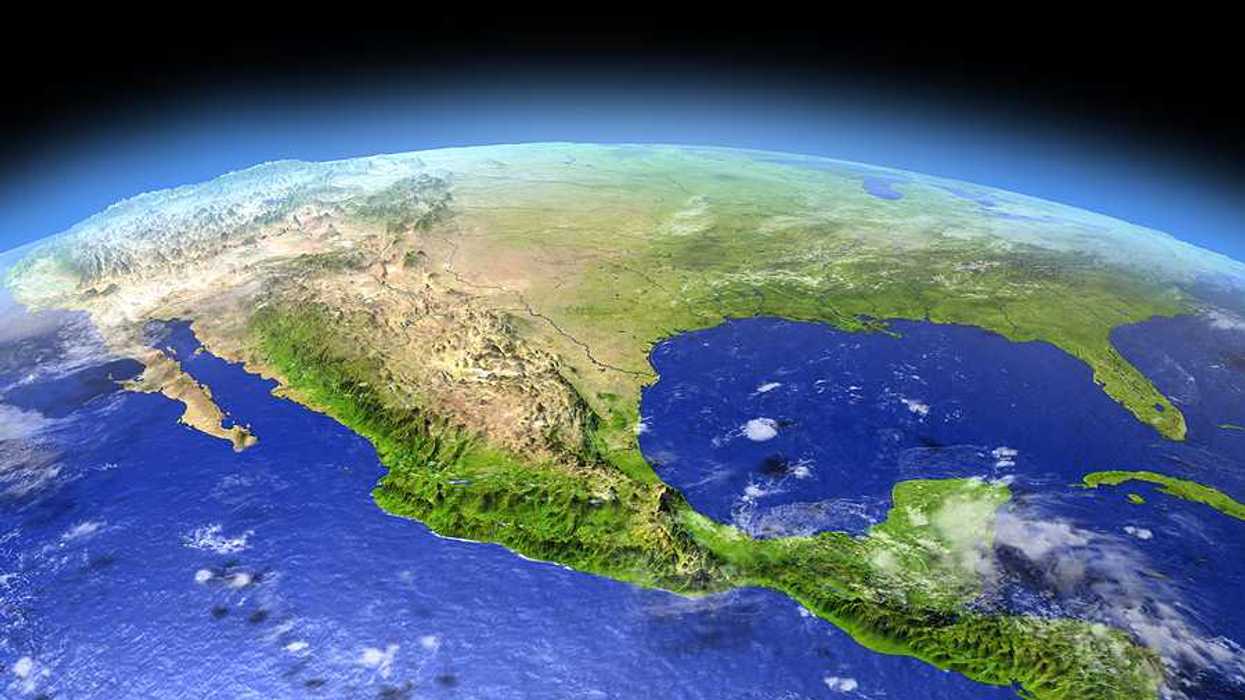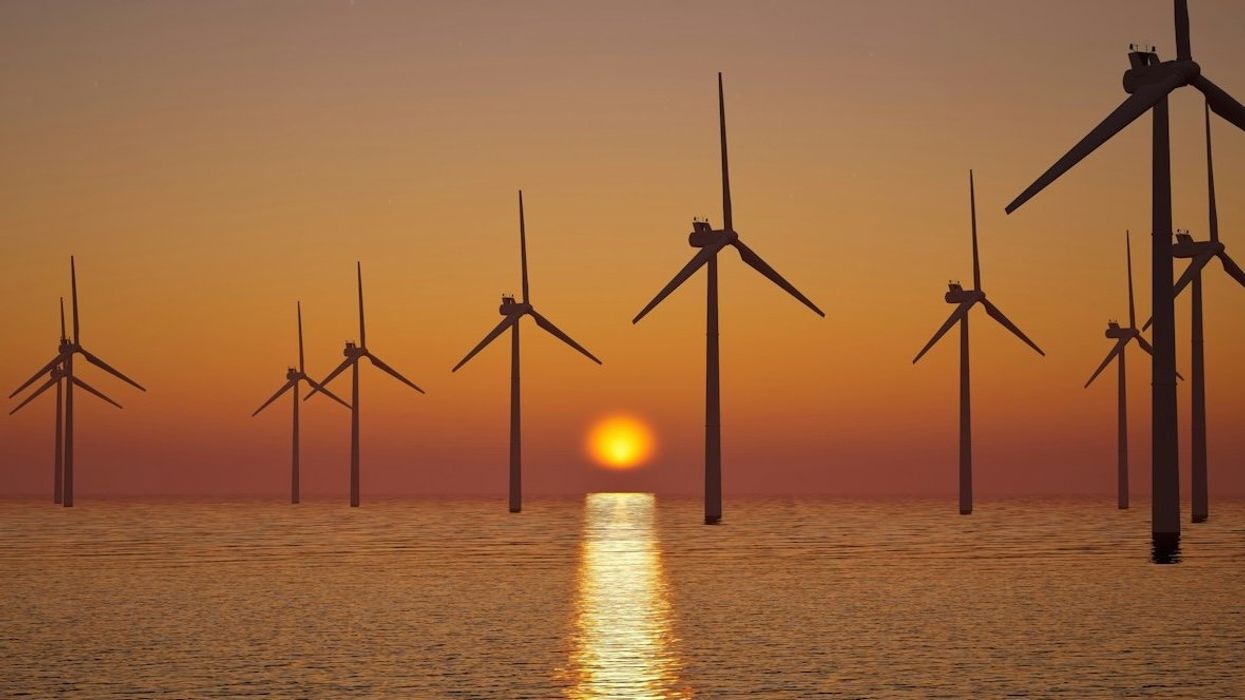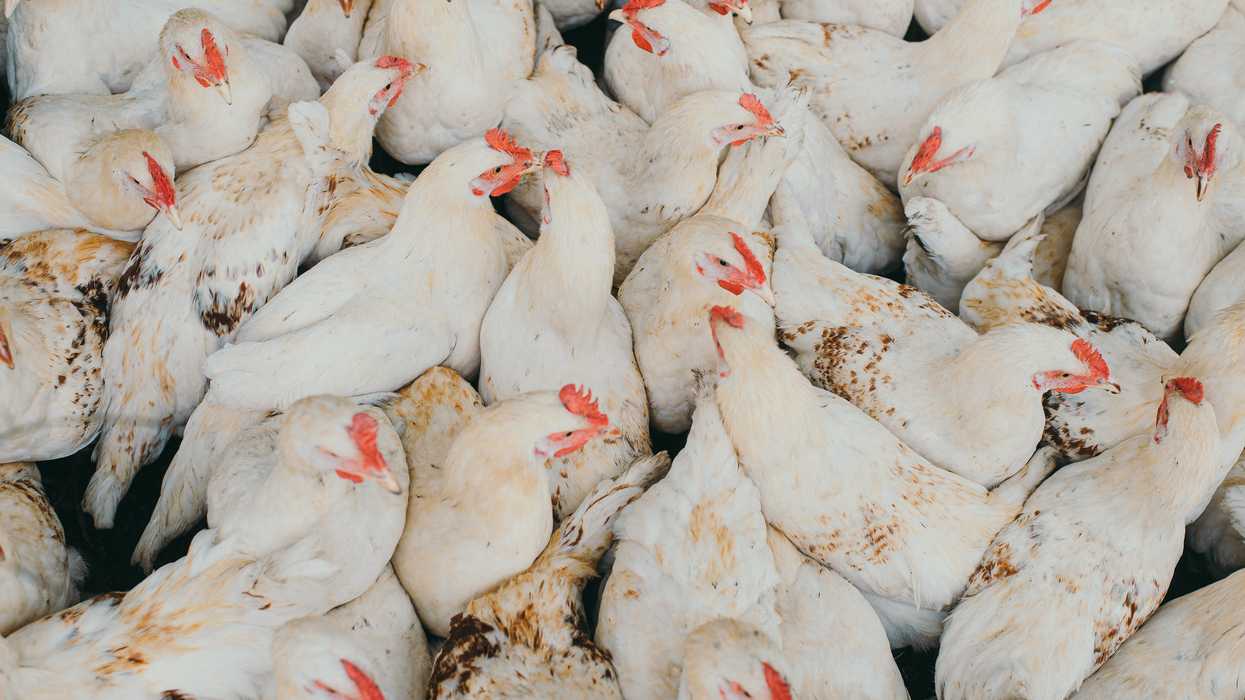Mule deer, pronghorn, and elk make complex and perilous migrations across Western landscapes, a journey crucial for their survival amid increasing human encroachments and environmental challenges.
Christine Peterson reports for High Country News.
In short:
- Infrastructure improvements like wildlife overpasses have significantly reduced wildlife-vehicle collisions in Wyoming, saving lives of both animals and humans.
- Despite facing obstacles such as roads, subdivisions, and industrial developments, migrating ungulates like deer 255 and 665 manage to travel hundreds of miles, maintaining healthy populations.
- Conservation efforts are underway, but they face resistance from lawmakers and landowners, hindering the protection of crucial migratory routes.
Key quote:
"I am significantly concerned about mule deer."
— Brian Nesvik, director of the Wyoming Game and Fish Department
Why this matters:
As urban sprawl continues to eat away at natural habitats, animals find their traditional migration routes obstructed by highways, cities, and farmland. This fragmentation of landscapes forces them into closer quarters with humans, leading to increased conflicts, road fatalities, and diminished genetic diversity as populations become isolated. Climate change compounds these issues, altering the availability of food, water, and suitable habitats.





